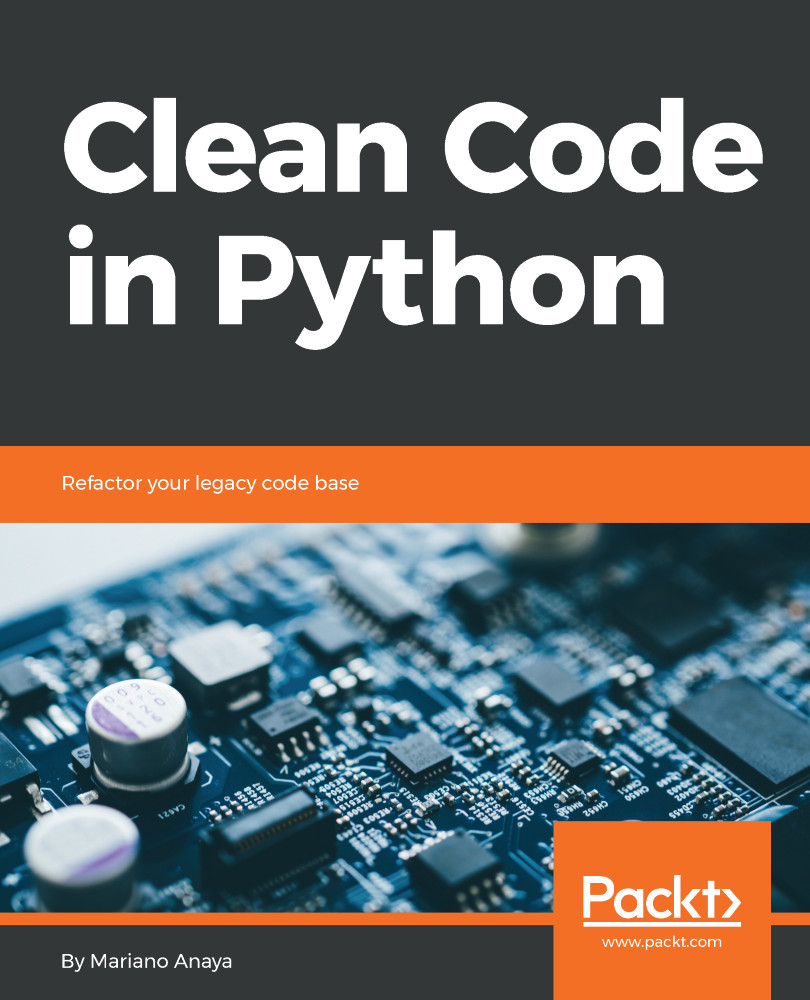Defensive programming follows a somewhat different approach than DbC; instead of stating all conditions that must be held in a contract, that if unmet will raise an exception and make the program fail, this is more about making all parts of the code (objects, functions, or methods) able to protect themselves against invalid inputs.
Defensive programming is a technique that has several aspects, and it is particularly useful if it is combined with other design principles (this means that the fact that it follows a different philosophy than DbC does not mean that it is a case of either one or the other—it could mean that they might complement each other).
The main ideas on the subject of defensive programming are how to handle errors for scenarios that we might expect to occur, and how to deal with errors that should never occur (when impossible conditions...


